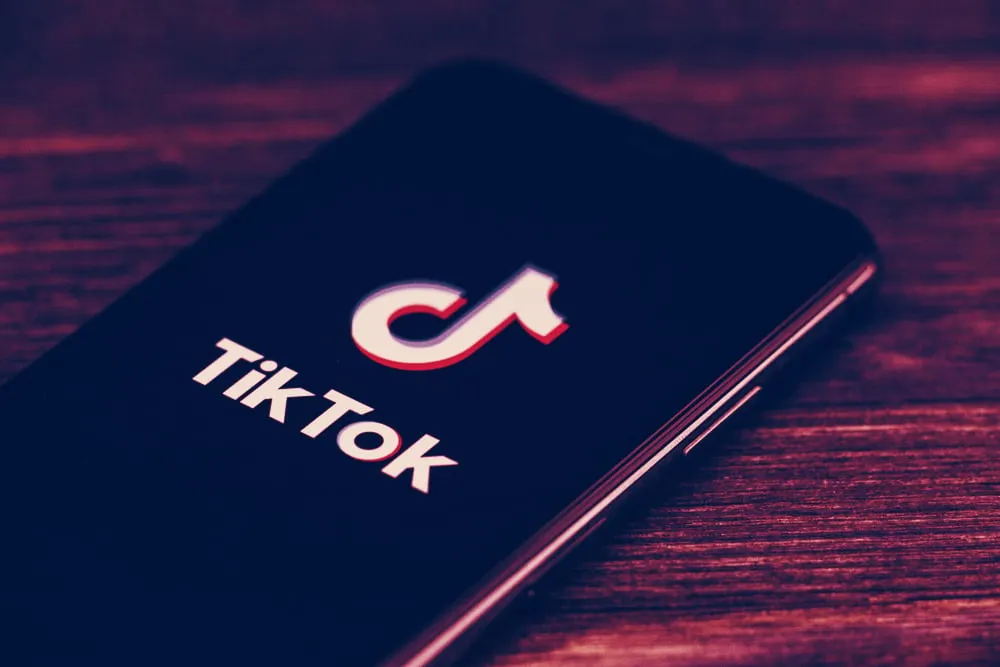In brief
- Telegram's CEO has criticized the US government's threats against TikTok.
- Pavel Durov said the precedent it sets could "kill the Internet."
- The US government previously blocked Telegram's billion-dollar cryptocurrency project.
The CEO of Telegram, the chat app with 400 million users, today slammed the US government for its threats to block social media app TikTok, arguing that it could “kill the internet.” He’d know a thing or two about US government intervention—regulators recently thwarted his company’s billion-dollar cryptocurrency play, the Telegram Open Network.
Pavel Durov, the Russian billionaire CEO who is also known for creating Russia’s Facebook doppelganger, VKontakte, said that the US government’s threats to block TikTok are “setting a dangerous precedent that may eventually kill the internet as a truly global network (or what is left of it).”
President Donald Trump has threatened to ban TikTok, a social media network with 800 million users, after branding it a national security threat due to its links to the Chinese Communist Party. The app harvests mountains of data about its users and its parent company, ByteDance, is forced to comply with data requests from the CCP.
To sidestep a ban in the US and elsewhere, ByteDance is trying to sell TikTok. It is currently in negotiations with US software firm Microsoft. If Microsoft buys the app, it will be responsible for data privacy and management.
In his post today, Durov condemned Trump’s threats to ban the app. “The problem with the US-TikTok case is that it legitimises an extortion tactic previously employed only by authoritarian regimes,” he said.
How the US threat to ban TikTok can destroy the Internet https://t.co/vbwRps6N3F
— Pavel Durov (@durov) August 5, 2020
“Authoritarian leaders all over the world are already using the TikTok case as justification in their attempts to carve out a piece of the global internet for themselves. Soon, every big country is likely to use ‘national security’ as a pretext to fracture international tech companies.”
The US government this year caused the collapse of the Telegram Open Network, the blockchain network that Telegram had been building for two years.
The US Securities and Exchange Commission alleged at the start of October—a month the network was due to launch—that Telegram’s $1.7 billion ICO for TON was illegal. The SEC settled with Telegram and the project collapsed in May.
Telegram’s abandonment of TON raises questions about how the company will keep funding its messenger app, which operates without advertisements. The $1.7 billion ICO would have kept the network running for many years to come; it had previously relied on the reserves of Durov’s VKontakte billions.
Russian trader and analyst Kirill Promzin said that Durov is planning to sell off Telegram to a Russian buyer, according to Russian news site IKBT. Durov quelled such rumors. 'We are not selling Telegram—neither in part, nor in full. This will always be our position.”
Durov said that he is “proud” that Telegram has “always declined offers to sell our operations in specific countries” when countries threatened them with bans. “My response to those offers has been along the lines of my 2011 middle finger photo [to the Russian government, which had requested that VKontakte hand over data about Ukranian protestors]: we are not in the business of betraying our users.”

